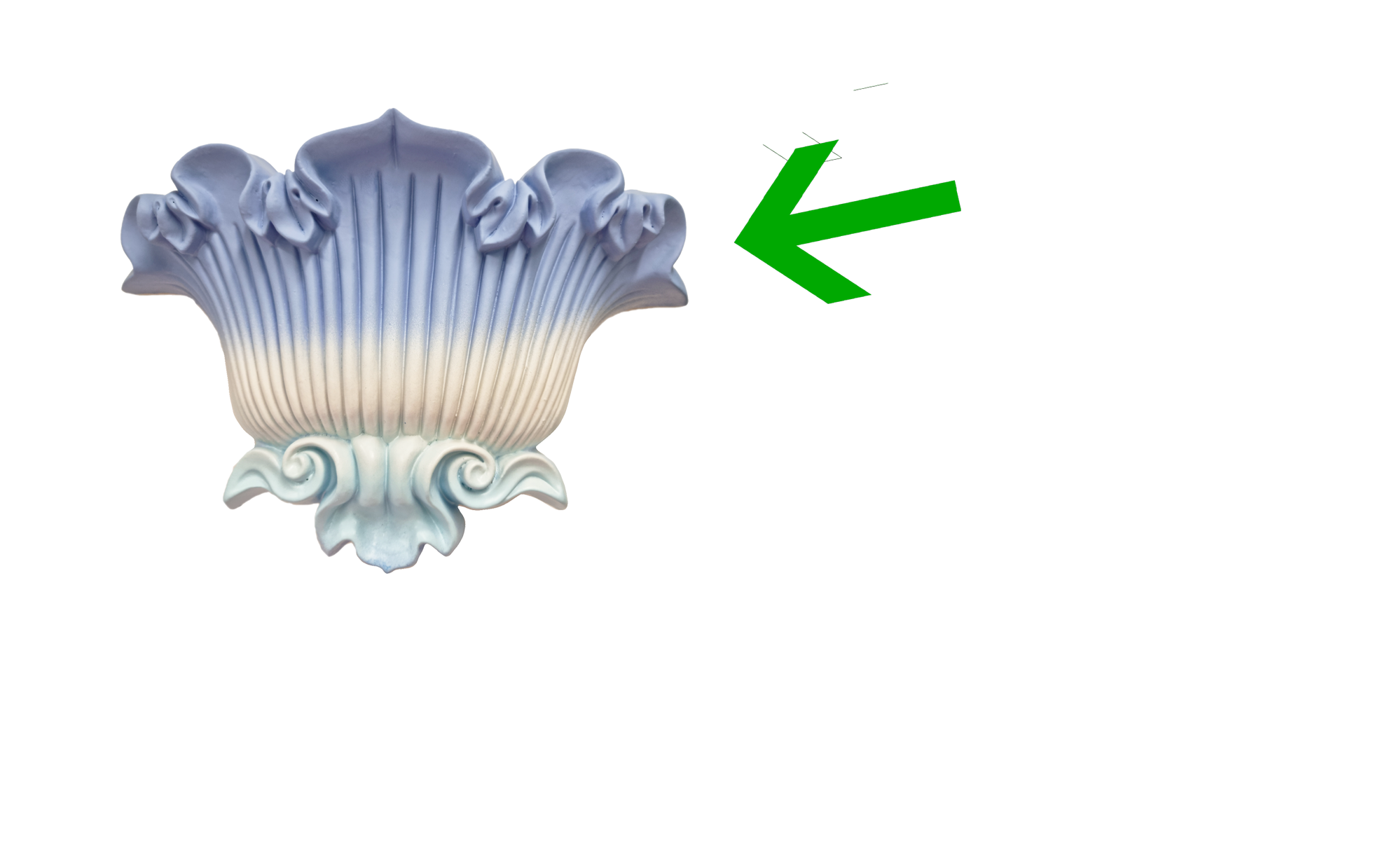Juheon Cho is from Seoul, currently lives in Berlin. Her recent practice bridges traditional Korean material with contemporary socio-political agendas. She studied Fine art from Ewha Women’s University (Seoul) and a master’s in fine art from Goldsmiths University of London. Juheon has taught contemporary art at Daegu University and Kyungpook National University.
Her practice encompasses a diverse range of mediums, including traditional Korean painting, drawing, sculpture, digital, and installation - delve into the intersection of personal history, digital and reality, and the margins of identity, race, gender, diaspora, and the value of artisanal labor and process.
Beginning with solo show 'The Little Boy and a Toxic Land' (London). She has also been invited to exhibitions such as 'Tamed by Spectacle - The Opaqueness of Image' (The Muse at 269 Gallery/London), 'A Spectacle Fever: Media Between Real and Digital' (Gallery DOS/Seoul), 'Flat Digital' (Chungmuro Media Center/Seoul), 'Memories: Obersee’ (Villa Heike/Berlin), and '@project.dear.diary' (Junghyun Gallery/Wrocław).
Juheon has participated in group collaborations, including 'Nature's Veil' (BBA Gallery/Berlin), 'DIGITDISCO: The Body in the Age of Digital' (The Showroom/London), 'Media Ecstasy' at Art Museum KNU/Daegu), Daegu Art Factory and K Museum of Contemporary Art (Seoul).
-
Juheon Cho focuses on the artist's reflections on their daily experiences as an outsider living in Berlin. A drawing project ‘@project.dear.diary’ - It highlights the artist's practice of capturing daily sensations of nature, people, and the world through shapes, textures, and colours in her 140 drawings. This process is not just observational but involves active engagement with her foreign self-identity and artistic identity, emphasising her role not as a bystander but as an active participant in her own environment and unveiling pathways for self-reconstruction and progression.
140 number of her drawings are transformed by creating the ‘Mind-scape (@a.work.towards.incomplete)'. In the process of creating mind-scape paintings, drawings lose their narrative, becoming patterned and commoditised. This fragmentation reduces them to elements of colour, shape, and texture, erasing their original narrative significance. It explores the cycles of personal narratives becoming commodified.
From the ‘@a.work.towards.incomplete’ The artist also uses the power of incompleteness, creating a narrative where the artistic process itself, with transitory sketch lines and intentionally unpainted segments, becomes a testament to their continual involvement. This deliberate state of incompletion invites the audience to be aware of the artist's labour beyond the artwork.
Juheon Cho is from Seoul, currently lives in Berlin. Her recent practice bridges traditional Korean material with contemporary socio-political agendas. She studied Fine art from Ewha Women’s University (Seoul) and a master’s in fine art from Goldsmiths University of London. Juheon has taught contemporary art at Daegu University and Kyungpook National University.
Her practice encompasses a diverse range of mediums, including traditional Korean painting, drawing, sculpture, digital, and installation - delve into the intersection of personal history, digital and reality, and the margins of identity, race, gender, diaspora, and the value of artisanal labor and process.
Beginning with solo show 'The Little Boy and a Toxic Land' (London). She has also been invited to exhibitions such as 'Tamed by Spectacle - The Opaqueness of Image' (The Muse at 269 Gallery/London), 'A Spectacle Fever: Media Between Real and Digital' (Gallery DOS/Seoul), 'Flat Digital' (Chungmuro Media Center/Seoul), 'Memories: Obersee’ (Villa Heike/Berlin), and '@project.dear.diary' (Junghyun Gallery/Wrocław).
Juheon has participated in group collaborations, including 'Nature's Veil' (BBA Gallery/Berlin), 'DIGITDISCO: The Body in the Age of Digital' (The Showroom/London), 'Media Ecstasy' at Art Museum KNU/Daegu), Daegu Art Factory and K Museum of Contemporary Art (Seoul).
-
Juheon Cho focuses on the artist's reflections on their daily experiences as an outsider living in Berlin. A drawing project ‘@project.dear.diary’ - It highlights the artist's practice of capturing daily sensations of nature, people, and the world through shapes, textures, and colours in her 140 drawings. This process is not just observational but involves active engagement with her foreign self-identity and artistic identity, emphasising her role not as a bystander but as an active participant in her own environment and unveiling pathways for self-reconstruction and progression.
140 number of her drawings are transformed by creating the ‘Mind-scape (@a.work.towards.incomplete)'. In the process of creating mind-scape paintings, drawings lose their narrative, becoming patterned and commoditised. This fragmentation reduces them to elements of colour, shape, and texture, erasing their original narrative significance. It explores the cycles of personal narratives becoming commodified.
From the ‘@a.work.towards.incomplete’ The artist also uses the power of incompleteness, creating a narrative where the artistic process itself, with transitory sketch lines and intentionally unpainted segments, becomes a testament to their continual involvement. This deliberate state of incompletion invites the audience to be aware of the artist's labour beyond the artwork.
